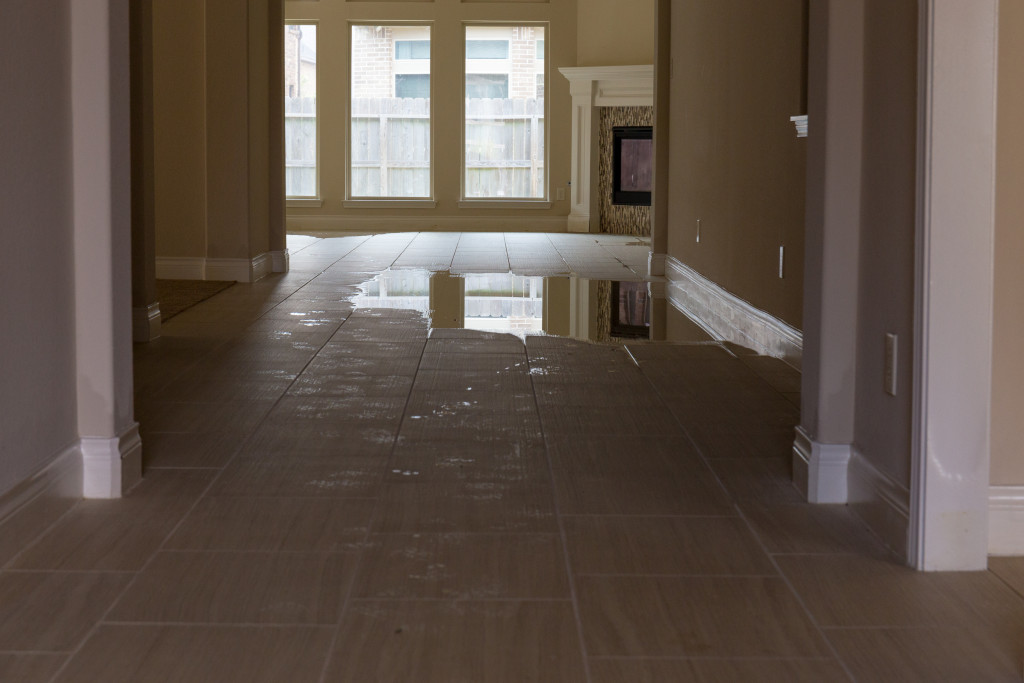- Water damage is one of the most common household disasters which can cause thousands of dollars in damages.
- Structural problems, pipe ruptures, malfunctions, flooding, and water seepage from appliances are all potential causes of water damage.
- Preventing water damage includes regular maintenance inspections, installing water sensors, and utilizing water shut-off valves.
- Hiring a water damage restoration company and investing in flood insurance are additional measures to take against water damage.
- Proactive steps can help protect against costly repairs and ensure safety from potential risks.
Water damage is one of the most common household disasters, causing thousands of dollars in damages and repair costs. Water can enter your home through various means, including leaky pipes, faulty appliances, heavy rains, flooding, and other sources. Most water damage is preventable with a few simple steps. This article will discuss some common causes of water damage and how to prevent it in your home.
Common Causes of Water Damage
A variety of factors can cause water damage. These include structural problems, pipe ruptures, malfunctions, severe weather conditions, flooding, or water seepage from appliances or plumbing fixtures.
Structural Problems
Structural problems are one of the most common causes of water damage. This includes defects in roofs, windows, and walls that allow water to enter your home. These issues can be caused by improper construction or materials that have deteriorated over time, such as old shingles or caulking. In addition, defective plumbing systems, sewer lines, and other infrastructure can lead to structural problems resulting in water damage.
Pipe Ruptures and Malfunctions
Pipe ruptures and malfunctions can also cause water damage. This occurs when pipes are obstructed, cracked, or corroded. In addition, a malfunctioning pressure valve in the plumbing system can result in water spilling from the pipe into surrounding areas. Poorly installed or defective pipes can also lead to flooding or water seepage.
Severe Weather Conditions

Severe weather conditions, such as heavy rain or snowfall, can cause water damage to your home. Roofs and poorly sealed walls can allow water to enter your home and cause extensive damage. In addition, flooding caused by storms can lead to significant amounts of water entering, potentially leading to severe damage.
Flooding
Flooding can occur due to natural events or man-made causes. Dams, levees, and other infrastructure can sometimes fail or be breached due to weather conditions or other factors. In addition, flooding can result from water sources overflowing their banks, such as rivers or streams.
Water Seepage from Appliances and Plumbing Fixtures
In some cases, water seepage can occur due to defects in appliances or plumbing fixtures. This includes leaking dishwashers and washing machines, toilets that are not properly sealed, and faucets with malfunctioning washers. In addition, water can seep into your home due to faulty or poorly installed pipes.
5 Prevention Methods of Water Damage
There are several ways to prevent water damage in your home proactively. Taking preventive steps can help protect against costly repairs and more importantly, ensure that your family stays safe from any potential risks.
1. Home Maintenance

One of the best ways to reduce the risk of water damage is through regular maintenance inspections. Check hoses and pipes for signs of wear or damage, and replace any cracked or leaking. Additionally, check the seals around showers, toilets, windows, and doors for proper fit. Regularly checking these areas can help you identify potential problems before they escalate.
2. Install Water Sensors
Another proactive measure to take against water damage is to install water sensors. These devices will alert you if there is a sudden rise in moisture levels, which may indicate a plumbing issue or another source of flooding. Placing the sensors near fixtures such as sinks, dishwashers, and washing machines can help reduce the impact of unexpected water events.
3. Utilize Water Shut-Off Valves
In the event of a plumbing emergency, you can use water shut-off valves to stop the flow of water and help minimize damage. Install these devices near fixtures prone to leaks or flooding, such as sinks, toilets, and showers. This will provide you with an easy way to control water flow in case a pipe bursts or other plumbing problem occurs.
4. Hire a Restoration Company
Finally, hiring a professional water damage restoration is important if you experience water damage. These companies can help assess the extent of the problem and perform necessary repairs or replacements to restore your home back to its original condition. Also, many restoration companies offer emergency services to help mitigate the damage as quickly as possible.
5. Invest in Flood Insurance
Investing in flood insurance is another way to protect your home from water damage. This type of coverage can help cover the costs associated with repairing or replacing damaged property and provide additional support if needed. Be sure to research which policy is right for you and your specific needs.
In Summary
Water damage can be expensive and time-consuming to repair, so it’s best to take preventative measures as soon as possible. Knowing the common causes of water damage and how to prevent them can help save you money, time, and hassle in the long run. By being proactive in maintaining your plumbing system and appliances, regularly inspecting areas of the home for existing or potential problems, and hiring professionals to address any issues that may arise, you can protect your home against costly water damage in the future.

